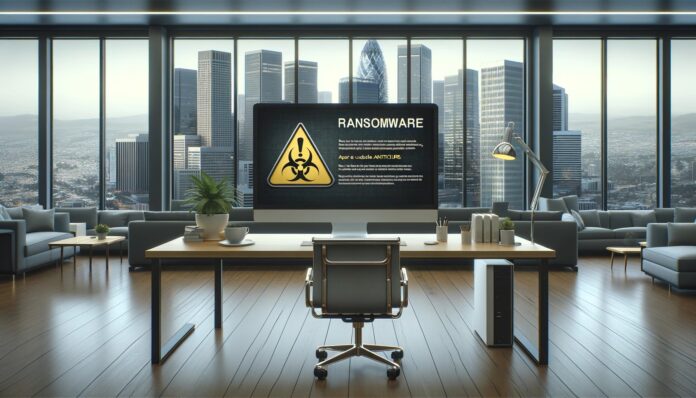
In 2024, a significant shift in corporate response to ransomware attacks has emerged, reflecting a resolute stance against capitulation to hackers’ demands for ransom payments. Coveware, a notable cybersecurity firm, has underscored this trend, revealing that merely 28% of affected companies opted to pay ransom in the initial quarter of the year, with the majority steadfastly refusing or failing to comply.
The encouraging development lies in the proactive measures adopted by organizations, equipping themselves with advanced tools designed to thwart such cyber assaults or fortify their defenses against malicious software threats. Additionally, law enforcement agencies have intensified efforts to trace cryptocurrency transactions, exerting considerable pressure on cybercriminals who seek financial gain through coercive means such as demanding ransom payments in exchange for decryption keys.
Compounding this deterrent is the glaring reality that perpetrators often renege on their promises to provide decryption keys upon receiving payment and frequently fail to honor commitments regarding the non-publication or non-resale of stolen data. Consequently, an increasing number of companies are opting to forego negotiations with hackers and instead are resorting to data recovery from secure backups.
In a recent announcement, both the Cybersecurity and Infrastructure Security Agency (CISA) and the Federal Bureau of Investigation (FBI) have imposed restrictions on ransom payments, stipulating that victimized companies are prohibited from exceeding a payment threshold of $100,000 without obtaining judicial and local law enforcement authorization; a law that still has to be substantiated by representatives of both houses. This regulatory intervention serves to dissuade ransomware-stricken entities from succumbing to extortion demands.
Security experts advocate for prudent investments in robust data backup solutions, citing their pivotal role in preserving data integrity and facilitating swift recovery in the aftermath of a cyber attack. However, the implementation of such precautionary measures often encounters obstacles stemming from budgetary constraints, leaving businesses vulnerable to the devastating consequences of ransomware incursions.
In essence, the prevailing narrative underscores a growing consensus among targeted enterprises to eschew the payment of ransoms, bolstered by enhanced cybersecurity protocols, regulatory scrutiny, and a strategic emphasis on data resilience and recovery mechanisms.
Ad
